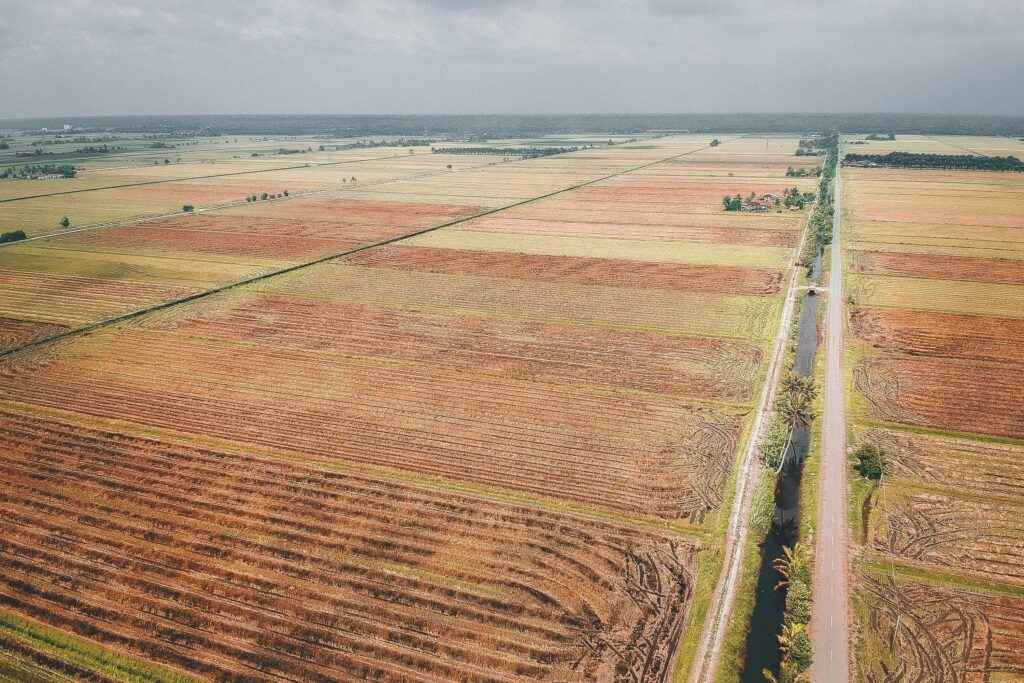Introduction
Organic farming, a holistic and regenerative approach to agriculture, weaves a narrative that goes beyond cultivation techniques. It is a profound philosophy, a dance with the natural world that prioritizes sustainability, biodiversity, and the delivery of untainted, nourishing produce.
In this expansive exploration, we will peel back the layers of organic farming, delving into the profound motivations and intricate methodologies that make it a cornerstone of ecologically conscious agriculture.
The Whys of Organic Farming:
1. Guardianship of the Environment:
At the heart of organic farming lies a commitment to environmental stewardship. By eschewing synthetic pesticides and fertilizers, it shields ecosystems from the detrimental impacts of chemical runoff, fostering a harmonious coexistence between agriculture and the environment.
2. Safeguarding Soil Integrity:
Conventional farming practices often extract a toll on soil health. Organic farming, through practices like crop rotation and cover cropping, becomes a custodian of soil integrity, preserving its structure, fertility, and microbial diversity.
3. Purity in Produce for Consumers:
The conscientious consumer seeks more than sustenance; they seek purity. Organic farming, by prohibiting synthetic pesticides and genetically modified organisms, fulfills the demand for chemical-free, natural produce, resonating with the evolving preferences of health-conscious individuals.
4. Climate Resilience and Mitigation:
Organic farming, with its emphasis on sustainable practices, becomes a frontline warrior against climate change. Through reduced carbon emissions and adaptive strategies, it contributes to climate resilience and mitigation, aligning with global efforts to combat the challenges posed by a changing climate.
5. Nutrient-Rich Bounty:
While scientific discourse continues, there is a growing body of evidence suggesting that organic produce may boast higher nutritional content. The organic commitment to soil health and diverse farming practices contributes to a nutrient-rich bounty that extends beyond mere sustenance.
The How’s of Organic Farming:
1. Strategic Crop Rotation:
Organic farming employs the art of strategic crop rotation, a practice that not only manages pests and diseases but enriches soil fertility. This mindful rotation mitigates the need for synthetic inputs.
2. Composting Alchemy:
Organic farmers are alchemists of composting, turning organic matter into a potent elixir for the soil. Composting not only enhances soil structure but provides a sustainable and nutrient-dense source for plant growth.
3. Balancing Act of Pest Management:
Natural pest control is an organic farmer’s ally. Beneficial insects, companion planting, and ecological diversity are harnessed to maintain a delicate balance, minimizing the need for chemical interventions.
4. Mechanical Weed Symphony:
In the orchestra of organic farming, the mechanical methods of hoeing and mulching take center stage. These practices elegantly manage weed growth without resorting to the symphony of herbicides.
5. Synthetic-Free Zone:
A cardinal rule of organic farming is the exclusion of synthetic inputs. Chemical pesticides, herbicides, and fertilizers are replaced with natural alternatives, ensuring a chemical-free zone where nature is in control.
6. Certification Standards:
The organic journey is guided by certification standards that serve as a compass for farmers. These standards, varying globally, embody the principles of organic farming, from soil health to the exclusion of synthetic inputs.
Conclusion:
As we navigate the intricate layers of organic farming, we unearth a philosophy deeply rooted in the interconnectedness of all living things. It goes beyond a mere agricultural technique; it is a commitment to cultivating harmony with the earth.
In the complex tapestry of sustainable agriculture, organic farming stands as a testament to the possibility of coexistence—where cultivation nurtures, rather than exploits, the land.
As we tread further into an era where ecological consciousness is paramount, organic farming becomes not just a choice but a necessity—a harmonious melody in the symphony of sustainable living.

